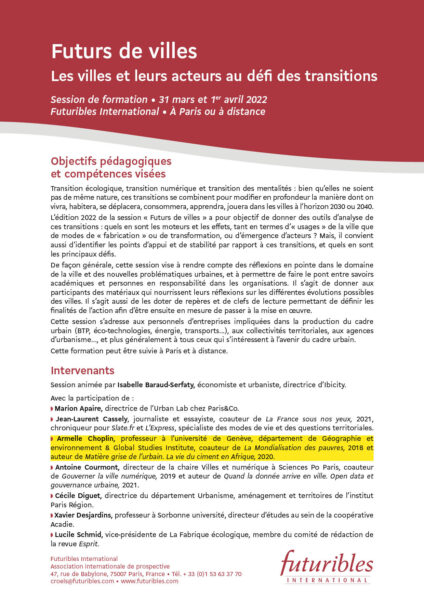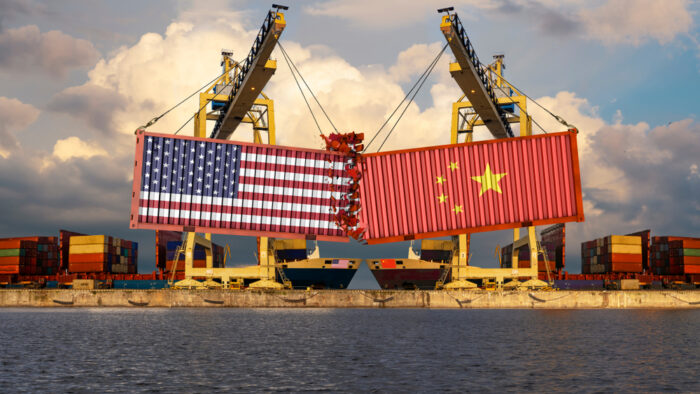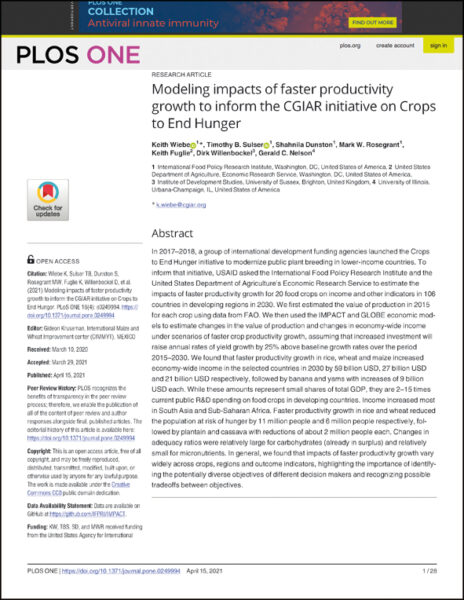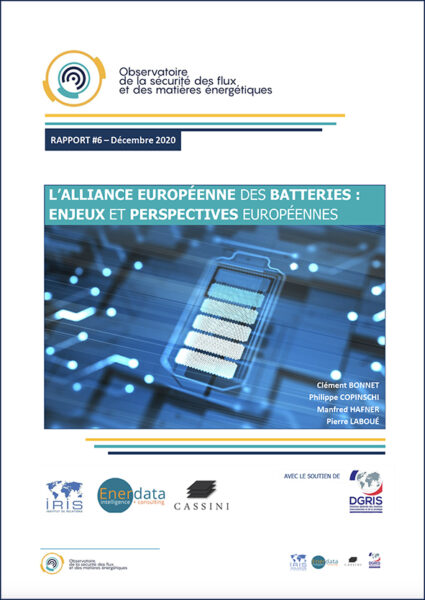Internet and Global Development
Will the Internet, the greatest network ever for exchanging information and knowledge, put all the science of the world at the service of everyone, or will it on the contrary reinforce the gap between those who are already dubbed the “info-poor” and the “info-rich”?
Elie examines here the global distribution of Internet servers in relation to country populations and levels of development, as measured by Gross Domestic Product per capita and by the synthetic Human Development Indicator (HDI) devised by the United Nations Development Program (UNDP).
He shows that, in the same way as the curve of the JIPP reveals a strong correlation between telephone equipment and per capita GDP, there could be a worrisome correlation between the number of Internet servers and the level of development of countries. In other words the author submits the hypothesis that Internet tends to deepen inequalities. But he concludes that this global “techno-apartheid” could be avoided by an energetic and long-lasting political intervention.
Internet et développement. Un accès à l'information plus équitable ?
Cet article fait partie de la revue Futuribles n° 214, nov. 1996



